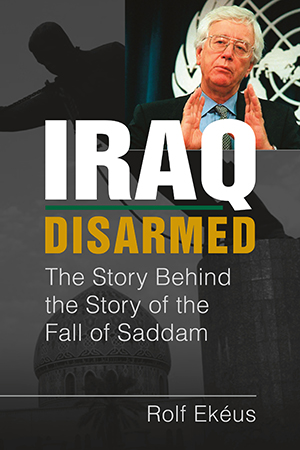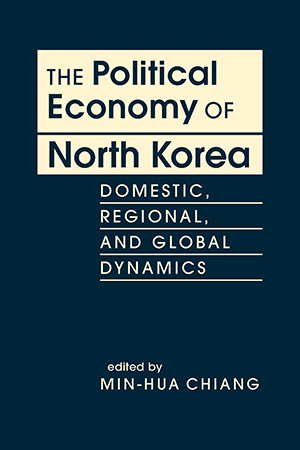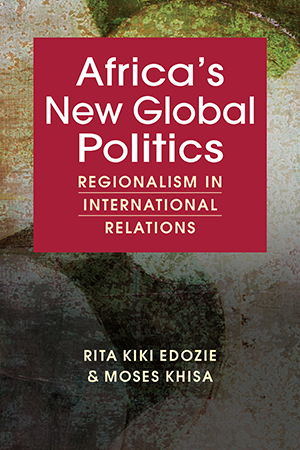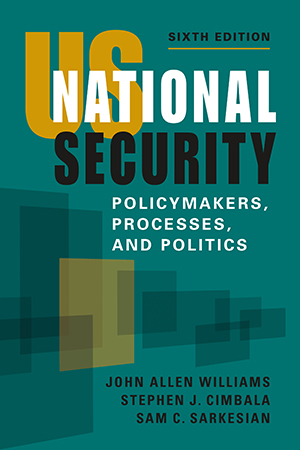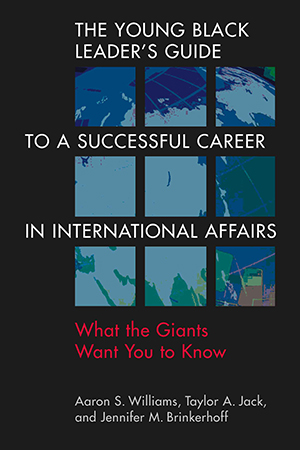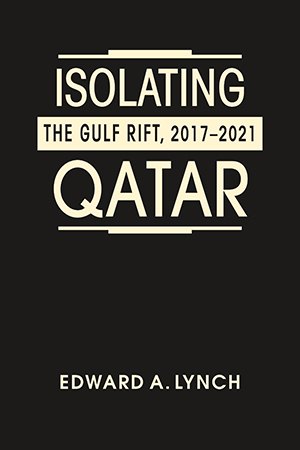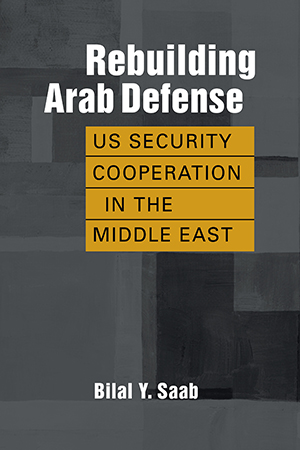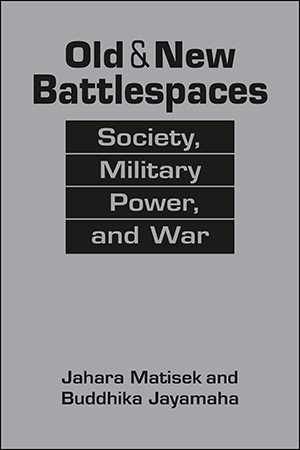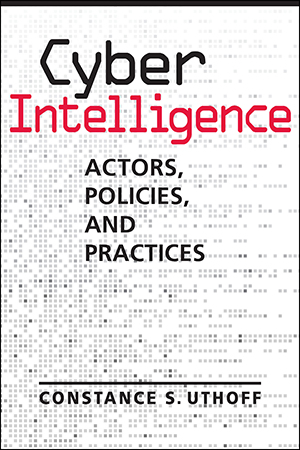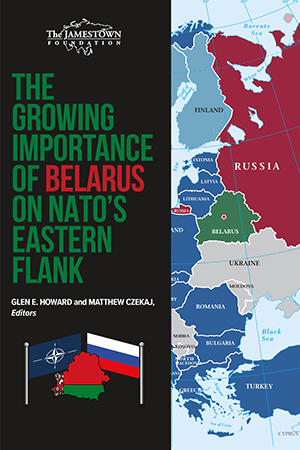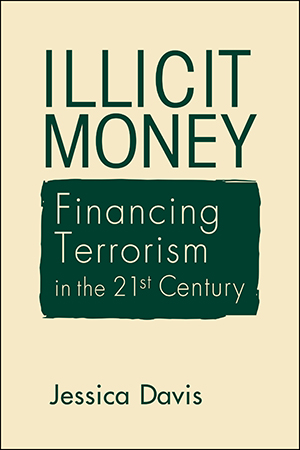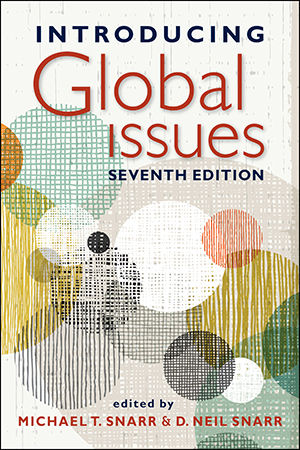International Relations (all books)
"The quest to disarm Iraq took place between two wars—one justified and right, the other a dreadful mistake, a violation of international law that led to hundreds of thousands of More >
Driven by foreign investments and exports, the economies of many East Asian countries have seen dramatic growth—but North Korea has lagged behind. Why? What are the country's More >
The African Union's threat to lead African states' mass withdrawal from the International Criminal Court in 2008 marked just one of many encounters that demonstrate African More >
Choice Outstanding Academic Book! The main focus of US national security policy has shifted dramatically since the years of the Obama administration, moving away from nation building and More >
Young people of color confront a myriad of challenges that deter them from considering, pursuing, and succeeding at careers in international affairs. The authors of The Young Black More >
In June 2017, Bahrain, Egypt, Saudi Arabia, and the UAE announced a comprehensive boycott of Qatar. Diplomatic ties were severed, trade was banned, and airspace was closed. Qatari nationals More >
This extraordinary first-person story of what can be achieved through informal diplomacy traces the improbably successful struggle to achieve acceptance of the Sustainable Development Goals More >
After decades of US military assistance in the Middle East—providing expensive weapons systems and conducting military exercises—why are the military capabilities of US allies in More >
Once impassable and inhospitable, both the Arctic region and Antarctica are rapidly emerging as geopolitically strategic hot spots. As Ryan Burke writes in The Polar Pivot, the ice is More >
War is changing. The cybersphere, civil society, outer space ... all are emerging as domains in which battles are fought. What drives this shift? How is it affecting the character and More >
US national security compromised by Wikileaks. Towns held hostage by ransomware. Corporate websites hacked. Cyber espionage and cybercrimes are increasing in both frequency and More >
The widely misunderstood country of Belarus, squeezed both literally and geopolitically between Russia and the West, was typically overlooked by post–Cold War military More >
Terrorists need money ... to recruit and train people, to buy weapons, to maintain safe houses, to carry out attacks. Which raises the question: how do they procure and protect funds to More >
Winner of the Andrew Price-Smith Book Award! Despite a century of advances in modern medicine, as well as the rapid development of Covid vaccines, the global pharmaceutical industry has More >
The half-decade since the 6th edition of Introducing Global Issues appeared has seen enormous changes in the international arena, perhaps most notably a move away from multilateral More >


